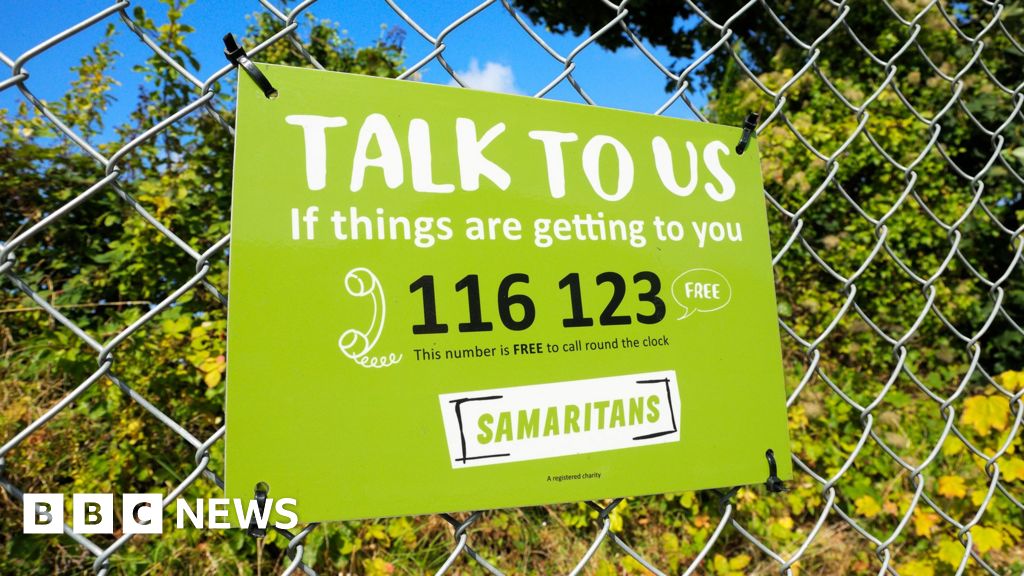T4K3.news
Samaritans to close over half of its branches
The charity reveals plans to cut at least 100 branches in a major operational overhaul.

Volunteers react with concern to the charity's overhaul of its branch network and service model.
Samaritans plans to close branches as part of major restructuring
Samaritans has announced plans to close at least 100 of its 200 branches across the UK and Ireland. The mental health charity intends to centralize operations, moving volunteers into larger regional hubs and testing remote call handling. Chief executive Julie Bentley explained that current funding largely maintains branch locations, diverting money from enhancing services. While the charity sees potential in more substantial volunteers shifts, some fear a loss of the community feel that smaller branches provide. Many volunteers worry that a shift to remote working could compromise the level of support they provide to callers, especially as it means taking calls from home. The charity aims to finalize plans after consulting with its volunteers by September 2024, emphasizing that they hope to maintain service levels despite these changes.
Key Takeaways
"The changing needs of our callers and volunteers means thinking differently"
This highlights the charity's commitment to evolve amid changing circumstances.
"If they introduce call centres, we’re out"
A volunteer expresses deep concern over the proposed changes and their impact on service quality.
"A smaller number of larger branches is not sustainable"
Julie Bentley explains the challenges of maintaining a vast network of branches.
"A lot of us are anxious and worried"
Volunteers voice their fears about the restructuring and what it means for their roles.
The restructuring efforts at Samaritans reflect a broader trend in charity management aimed at efficiency and sustainability. While the intention is to keep pace with modern demands, this approach raises questions about the balance between cost-effectiveness and the emotional support that community-driven branches offer. The shift to remote volunteering could alienate volunteers who cherish the personal connections formed in localized settings. Concerns about mental health risks for volunteers working from home cannot be overlooked, as many cite the importance of a supportive environment when tackling distressing calls. If embraced properly, this new model could offer flexibility, yet it risks undermining the foundational human connections that are vital in mental health support.
Highlights
- Change can be unsettling, but we must adapt to serve better.
- We risk losing the very essence of community support.
- Flexibility is vital, but at what cost to human connection?
- Samaritans is shifting gears to meet today’s mental health needs.
Concerns over volunteer implications and operational changes
The restructuring plans may disrupt the established support structure for both volunteers and callers, raising concerns about mental health and service quality.
The changes at Samaritans will potentially redefine how mental health support is delivered in the coming years.
Enjoyed this? Let your friends know!
Related News

Samaritans to close more than 100 branches

FTSE 100 reaches intraday high of 9,102.53

Major UK retail chain to demolish store in Wakefield

Merseyside jails 66 criminals in July

Maryland county fields more than 100 rescue calls in two-hour period

Severance and The Studio lead Emmy nominations

Santander to close branches next week

Lloyds Bank and Halifax to close 86 branches in 2025
